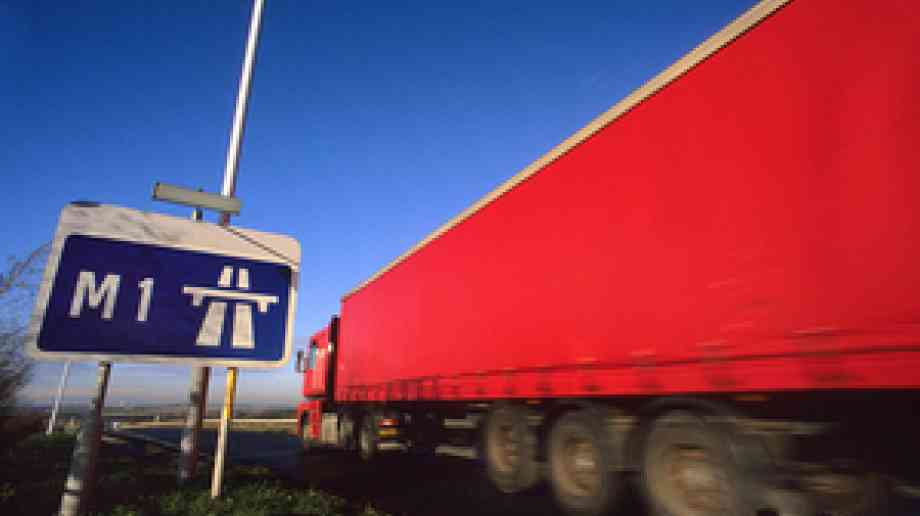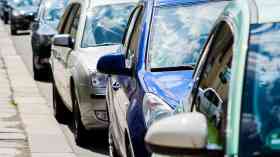Self-driving lorries to be trialled in a bid to cut fuel costs and emissions

A sum of £8.1 million has been allocated by the government to fund the trial of small convoys of partially driverless lorries on UK roads.
The ‘platooning’ trials will see up to three heavy goods vehicles, travelling in convoy, with acceleration and braking controlled by the lead vehicle.
All lorries in the platoon will always have a driver ready to take control at any time.
A row of lorries driving closer together could see the front truck pushing the air out of the way, making the vehicles in the convoy more efficient, lowering emissions and improving air quality.
The Transport Research Laboratory will carry out the trial, with funding provided by the Department for Transport (DfT) and Highways England.
It will be carried out in three phases, with the first focusing on the potential for platooning on the UK’s major roads.
The initial test track based research will help decide details such as the distance between vehicles and on which roads the tests could take place.
Trials are expected on major roads by the end of 2018. Each phase of the testing will only begin when there is “robust evidence” that it can be done safely.
Jim O’Sullivan, Highways England chief executive, commented: “The trial has the potential to demonstrate how greater automation of vehicles – in this instance, HGVs – can deliver improvements in safety, better journeys for road users and reduction in vehicle emissions.
“Investing in this research shows we care about those using our roads, the economy and the environment, and safety will be integral as we take forward this work with TRL.”
Please register to comment on this article






